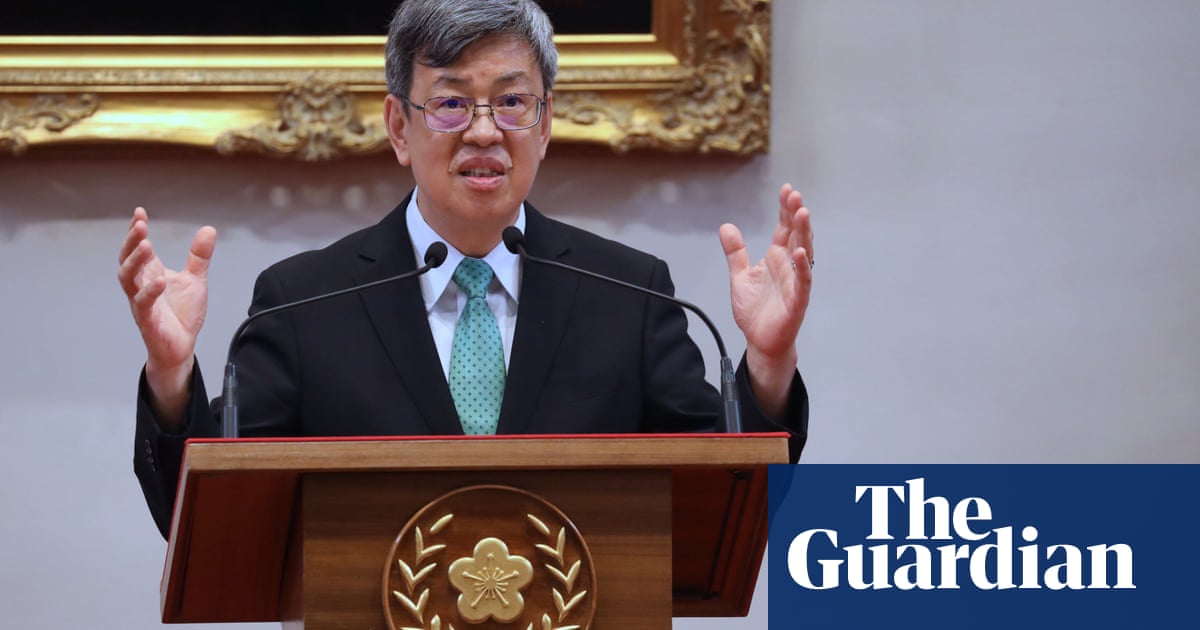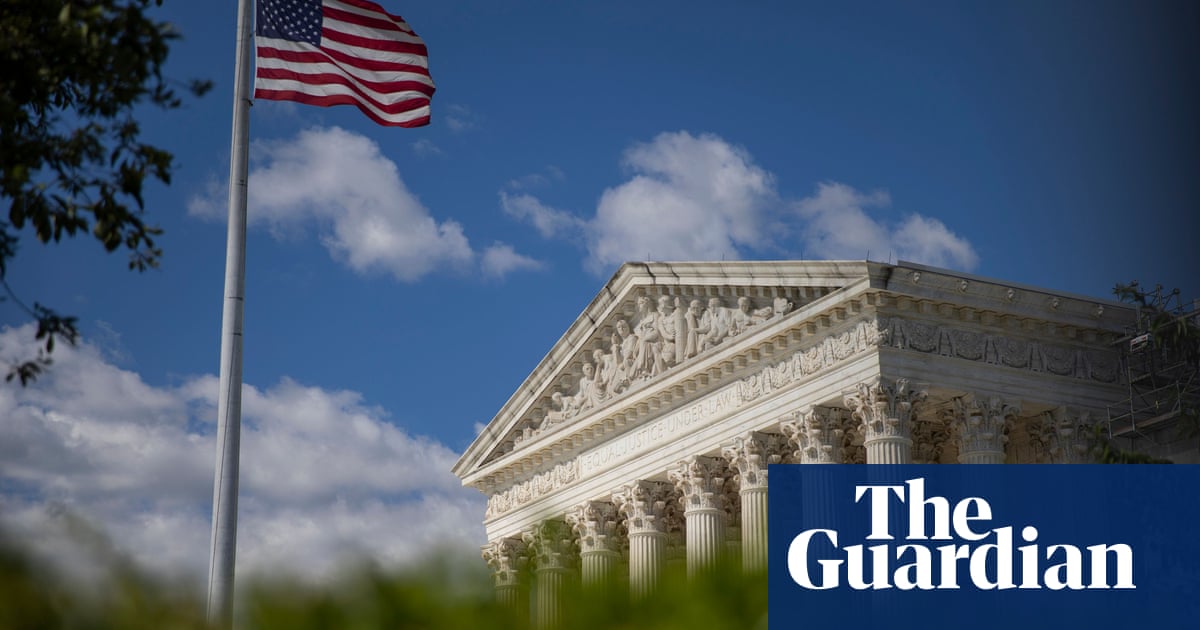Introducing, five years on, another Brexit bonus: the chance to support the renovation of the Louvre. President Emmanuel Macron has proposed paying for the “renaissance” of the Paris museum, in part, by increasing entrance fees for visitors from outside the EU.
After some initial attempts to represent this as a direct insult – “Brits will be forced to pay more than EU residents” (the Mail) – even the rabidly pro-Brexit press appears to have accepted that the scheme applies globally, to all non-EU visitors: an exceptionally cunning way of Brit-targeting, even for the French.
If anything, of course, this opportunity for Britons to pay more is a proud reminder of their own Brexit triumph: a cultural dividend up there with the loss of the Erasmus scheme and wrecked prospects for UK musicians. Happily for these purists, the current prime minister seems preoccupied with creating his own, potentially even uglier, legacy: that of an irreparably degraded UK environment.
As for Macron’s thinking: it was anticipated only last summer by a British curator, Sir Mark Jones. He proposed that the national collections in London pay for improvements by introducing admission fees for overseas visitors aged over 25. After the British Museum somehow missed thousands of thefts from its collections, Jones had become interim director (the museum’s chair, the austerity enthusiast and financier George Osborne, stayed in place). Later, stepping down, Jones told the Sunday Times that, although admission should remain free for UK taxpayers, charging overseas tourists could help with everything from the museum’s redevelopment and repairs to international partnerships, improving salaries and reducing occasionally intolerable overcrowding. He suggested that other major museums and galleries should consider doing the same.
Since when, it has emerged that many of the very workers who deal, close up, with the mass tourism pressing into these invaluable spaces, are among London’s lowest paid. Striking security guards at the Natural History Museum, the Science Museum and the V&A are asking the public to boycott the galleries all February. Their union, the United Voices of the World (UVW), notes the Science Museum’s report of increased visitors and profits. Separately, the V&A’s Tristram Hunt has celebrated “a successful financial return in secondary spend” that – to him – obviates the imposition of entrance fees. It can’t be unhelpful that their security staff, supplied by the contractor Wilson James, earn £13.15 a hour (the London Living Wage is £13.85).
In not charging for entry, the UK’s national museums are, as any British tourist knows, anomalous. “It would make sense,” Jones said, “for us to charge overseas visitors for admission to museums as they charge us when we visit their museums.” And largely, even when nationals and local residents are exempted, these museums do so without accusations – occasionally levelled at UK proponents of museum tourist-charging – of xenophobia. When you see Venice’s older inhabitants being shoved out of vaporetti or run into by rucksacks, wheelie cases and gurning selfie-takers, its two-tier approach seems the very least tourism can offer by way of compensation. New York’s Metropolitan Museum is likewise forgiven an exemption whereby the state’s residents decide their own fee.
That less generous capitals deny tourists free admission does not amount to a case against the UK’s more hospitable entry principles, sometimes advertised with our-NHS levels of national pride and piety. To add to the arguments for universally free entry advanced in 2000, its supporters persuasively cite the importance, now better understood, of welcoming, to supposedly universal museums, visitors from countries that the colonising British relieved, more or less brutally, of future exhibits. Following Jones’s intervention, Prof David Abulafia argued in the Spectator against entrance fees: “These museums are custodians of their contents on behalf of all of mankind. This means that people from all countries of the world should be able to enter freely and see what these museums contain.”
Yet the same argument (assuming you overlook how little is being asked of overseas tourists who have already covered the cost of getting there) applies to countless museums, galleries and churches that do extract payment, usually from everyone, for similarly being custodians of valued but contested historic assets. With great houses stuffed with colonial trophies and evidence of domestic exploitation, the National Trust, for instance, has even persuaded the paying public to delight in sites of ancestral servitude, in old laundries and freezing attics.
Like the Louvre, the British Museum is creaking, also leaking, under pressure to upgrade and, increasingly, to collaborate. Where are the resources to come from? That’s if there is no future for my own proposal: a £50 (for now) permit for in-gallery mobile phone/watch photography. It would only inconvenience the disparate millions united by one conviction: that there’s no universal treasure that can’t be improved – including for fellow visitors – by having their own face planted in front of it.
So, if not a Macron scheme, with inadequate state investment, what? At the same time that supporters of restitution and of fair pay have been demanding action from universal collections, other activists have challenged recourse to corporate funding, with campaigns against fossil fuel money, like BP’s deal with the British Museum. The Science Museum is under attack for its deal with Adani Green Energy, part of a conglomerate that invests in coal.
after newsletter promotion
Not that this rules out contributions from less unpopular sponsors. From May, the National Gallery’s entire permanent collection will be called “CC Land: The Wonder of Art”, a travesty that makes the (recently erased) Sackler empire look unassuming. Even Napoleon, when he renamed the Louvre, neglected to add an inspirational phrase that would blight all future communications. As in: “‘CC Land: The Wonder of Art’ gives you a chance to discover works you may never have seen.”
Thank you, CC Land: The Wonder of Art! Without you, I might never have concluded that if charging tourists for entry is not ideal, the current alternatives look so very much worse.

.png) 2 months ago
33
2 months ago
33













































